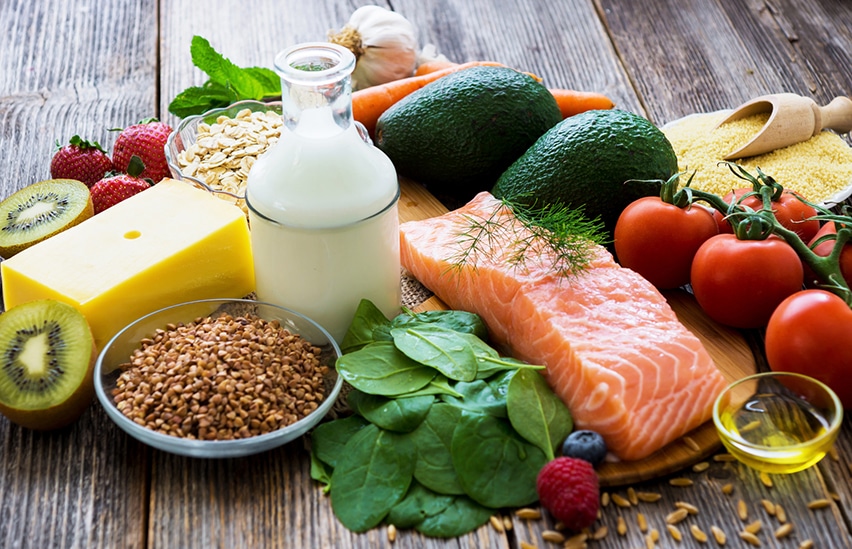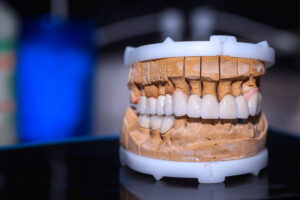TMJ symptoms are both numerous and oppressive. Whether you have regular muscle soreness in your jaw, aching pain in and around your ears, or hear popping noises in your jaw, temporomandibular joint disorder can seriously affect your quality of life by disrupting daily activities such as eating. Maybe you’ve just woken up, and are hoping to enjoy a balanced breakfast before work? Pain in your jaw could be throwing you off.
While there are several treatment options available, taking simple steps to change your diet can help temper the severity of TMJ symptoms. Because of the relationship between nutrition and your jaw is important, below you’ll find four tips to make your diet TMJ friendly.
Avoid High-Impact Foods
If you suffer from TMD, many of these symptoms have probably occurred while eating:
- Lockjaw when closing or opening your mouth
- Discomfort while chewing
- Difficulty opening your mouth completely
- Pain in jaw and neck
The reason for this might be due to overusing your jaw muscles by eating high-impact foods. High-impact foods are any foods that require your jaw to work harder to chew, and can include potato chips, nuts, hard bread, soft bread, tough meat, or candy. Habits like chewing gum or ice should be stopped immediately, as they can easily overwork the jaw through repetition.
Inflammatory Foods
While cutting out hard or crunchy foods that may aggravate your TMD makes sense, paying special attention to the kinds of foods you’re eating may not seem directly connected to your jaw health. According to the TMJ Association, however, cutting out inflammatory foods while increasing anti-inflammatory foods can help to decrease negative symptoms.
That’s because foods such as processed sugars, and refined carbohydrates encourage the inflammation of muscles and joints. Inflammation is the immune system’s response to injury and infection, and while it can be useful for fighting infection, it can also hinder the the healing process.
Anti-inflammatory Diet
Eating foods high in Omega-3s like salmon, trout, and other fish, can help fight inflammation and ease pain. Blueberries, turmeric, and ginger, and a whole number of fresh fruits and vegetables also suppress inflammation. If you drink or smoke regularly, cutting back can significantly decrease inflammation.
Listen to Your Body
The best advice for changing your diet and lessening the severity of TMJ is to pay attention to your body. If eating certain foods causes pain or muscle soreness afterwards, then take note and avoid those foods in the future.
That said, it is likely that diet may not be enough. If you’ve been suffering from TMJ pain for a while, then you should schedule an appointment as soon as possible. A neuromuscular dentist can provide consultation that could result in proper treatment of your symptoms.
Are you concerned about developing TMJ? Please contact us today for an appointment with a Westchester County TMJ dentist at Advanced Dentistry of Mohegan Lake.





